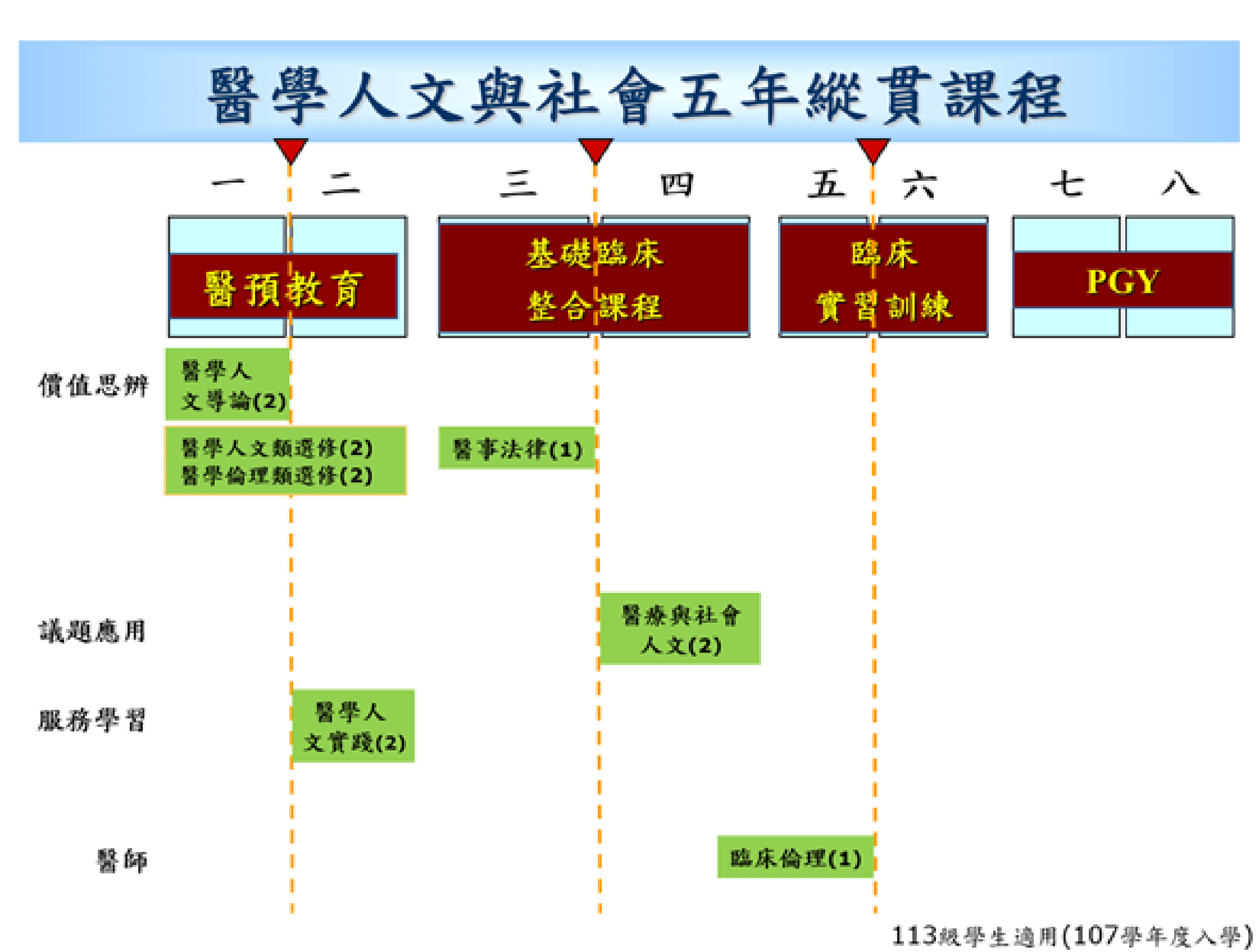Department of Medical Humanities and Education
Introduction
The Department of Medical Humanities & Education (MHE) is responsible for the “Medical Humanities and Society” module for undergraduate medical students across their 5-year academic cycle. This module comprises three themes-respect for patient autonomy, health and social justice,
and medical professionalism-which aimed to orient the future doctor to patient-centered care, rather than solely focusing on cures. Core competencies, such as recognizing and acting on the unique suffering experiences of every patient, and understanding how socio-cultural factors attribute to patients’ health, are essential for students to reflect on their professional responsibility toward broader society, including advocating actionable policies for patients’ health.
Content and features of Course
Every eligible student is compulsory to fulfill the 12-credit courses requirement, and students could also take 3-credit elective courses of their choice.
-
- Year
- Course title
- Credit
- Compulsory/ Elective
-
- First year (1st semester)
-
Introduction to Medical Humanities
- 2
- Compulsory
- First year, Second year
-
1 course on medical humanities +
1 course on ethics
- 2
- Compulsory
- Second year (2nd semester)
-
The Practice of Medical Humanities
- 2
- Compulsory
- Third year (2nd semester)
-
Medical Laws & Regulations
- 1
- Compulsory
- Fourth year (1st semester)
-
Medical Humanity and Social Science
- 2
- Compulsory
- Fifth year (before internship)
-
Clinical Ethics
- 1
- Compulsory
The main features of the module are:
1. Introducing appropriate education in different training stages
The MHE introduces a horizontal perspective to the promotion of medical humanities and adjusts its contents to better reflect the needs of various training phases. The course structure is as followed:
(1) First year (1st semester): “Introduction to Medical Humanities” (2 credits)
(2) First year (2 nd semester) to the second year: 1 course on medical humanities + 1 course on ethics
(3) Second year (2 nd semester): “The Practice of Medical Humanities” (2 credits)
(4) Fourth year: “Medical Humanities and Social Sciences” (2 credits)
(5) Fifth year (before internship): “Workshop on Clinical Ethics” (1 credit)
"Medical Humanities and Society"
2. Multidisciplinary teaching resources
The MHE members are experts in various subjects, such as ethics, law, and economics, thus able to offer diverse courses and better serve the cultivation of a solid basis of medical humanities and social sciences for future doctors.
3. Small-size classes that encourage discussion
To better equip students with effective communication skills and group deliberation with peers and patients, some courses are conducted on a small scale to achieve better quality for discussion, such as “The Practice of Medical Humanities” and “Medical Humanities and Social Sciences”.
About Medical Humanities
watch


About Medical Humanities
watch

Syllabus



